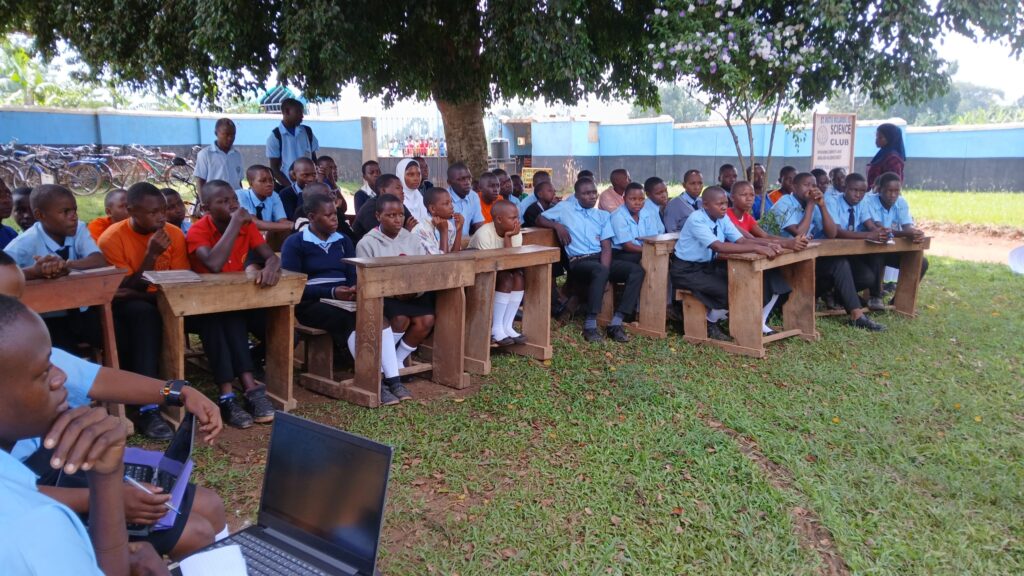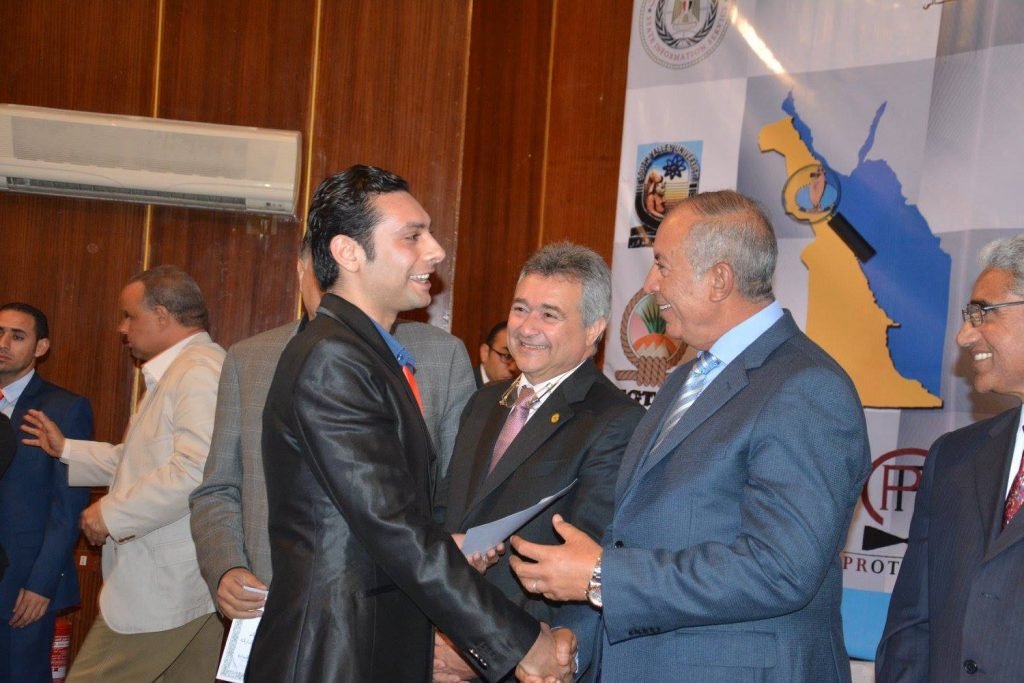How Education Transforms Rural African Communities
Education is often described as the most powerful tool to change the world. Nowhere is this more evident than in rural Africa, where access to learning can mean the difference between cycles of poverty and a future of opportunity. When young people are given the chance to learn, gain new skills, and apply them in their daily lives, they become catalysts of transformation, not just for themselves but for their entire communities.
Education as the Foundation of Transformation
In many rural African regions, barriers such as poverty, gender inequality, and lack of infrastructure prevent children and youth from accessing quality education. Without it, communities struggle to break free from poverty, and young people are left without the tools to shape their futures.

But when education reaches these communities, the transformation is remarkable. Youth gain the confidence to dream bigger, the skills to solve local challenges, and the vision to uplift others. Parents see the benefits as their children bring in new ideas, start businesses, or become leaders. Villages become stronger, healthier, and more resilient.
Education doesn’t just open doors – it builds new ones.
Asante Africa Foundation: Building Skills and Futures
Africa has the youngest population in the world, with more than 60% under the age of 25. In East Africa, this youth bulge presents both a challenge and an opportunity. Without access to education and skills, millions of young people risk being trapped in poverty and unemployment. But with the right investment, they can become innovators, leaders, and change-makers.
This is why organizations like Asante Africa Foundation play such a critical role. By bridging the education gap and equipping young people with tools for the future, they are helping rural communities break cycles of poverty and build sustainable progress from within.
Working in Kenya, Tanzania, and Uganda, the foundation goes beyond providing access to classrooms. It equips young people with the academic knowledge, life skills, and entrepreneurial tools they need to thrive in today’s world.
Through partnerships with local schools, parents, and community leaders, the foundation ensures that education is both accessible and relevant.
Programs that Create Real Change
-
- Accelerated Learning in the Classroom: Helps students and teachers close knowledge gaps, ensuring that learners don’t just attend school but actually succeed in it.
- Leadership and Entrepreneurship Incubator (LEI): Trains young people in problem-solving, financial literacy, public speaking, and entrepreneurship. Many graduates go on to start small businesses, employ others, or initiate community projects.
- Girls’ Advancement Programs: Address gender-specific challenges like early marriage and limited school attendance. These initiatives support girls in completing their education, building leadership skills, and becoming role models for the next generation.
By combining education with practical skills, Asante Africa empowers youth to not only escape poverty but also uplift their communities.
The Ripple Effect of Educated Youth
The transformation doesn’t stop with one child. Educated youth often bring their skills and knowledge back to their communities, creating ripple effects of change.
For example, a young girl who learns financial literacy through Asante Africa’s programs might later teach her mother how to budget or help her family start a small business. A boy trained in entrepreneurship could create jobs for his peers by starting a village repair shop or farming collective.
Education fuels self-reliance, reduces dependency, and encourages innovation. In many cases, these youth become mentors to the next generation, proving that when you educate one person, you educate an entire community.
Education, Transformation, African Youth: The Future
At its core, the story of rural Africa is not one of despair but of resilience and potential. When young people are given access to education and empowered with practical skills, they transform themselves, their families, and their communities.
The lesson is clear: if we want to see rural Africa flourish, we must continue to invest in the power of education.



